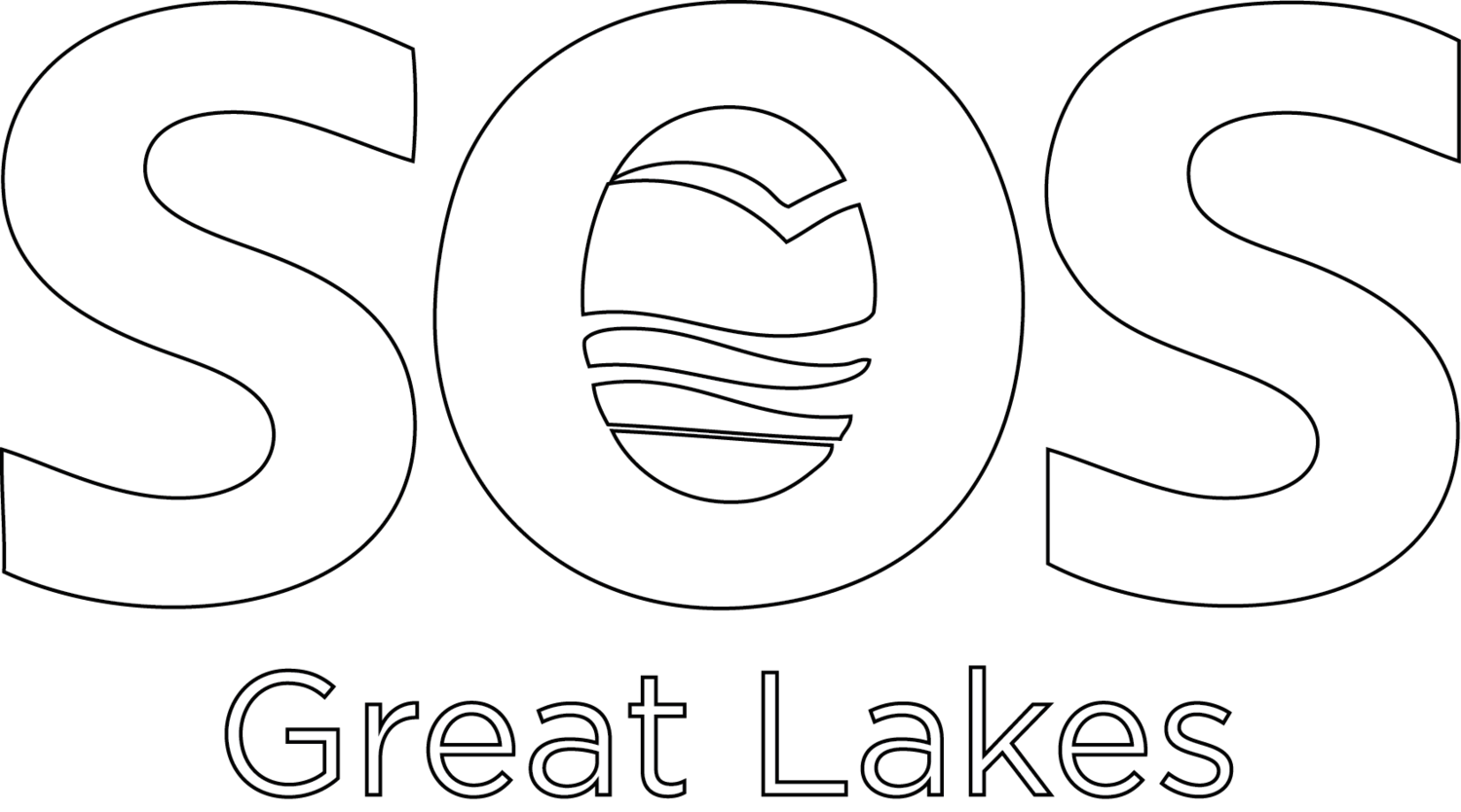January 9th, 2017
Honourable Catherine McKenna
Minister of Environment and Climate Change
House of Commons
Ottawa ON K1A 0A6
OPEN LETTER TO THE HONOURABLE CATHERINE MCKENNA - REGARDING THE OPG DECEMBER 2016 RESPONSE ON THE DGR 1, KINCARDINE, ONTARIO.
Dear Minister McKenna:
It is time for the Canadian government to do its job and enforce the Environmental Assessment Act. This is at least the fifth time OPG has been asked to identify specific alternate sites and they have again refused to do so, as they have done every time. Their entire proposal should be rejected now.
The opportunity for public input on the OPG Response is wholly inadequate. OPG has had 11 months since your first letter to answer your questions and you have given us 30 days to respond to over 500 pages of material. This is unfair to the public and to the government if you truly want meaningful public input.
You continue to dodge multiple additional errors. For at least 5 years before your appointment, the Harper Government allowed OPG to flagrantly violate the CEAA in multiple ways by refusing, in its EA, to address or seek: 1.) Alternate Sites, 2.) Alternate Means, 3.) Evidence-Based Science, 4.) Critical Health and Safety Issues, 5.) Need/Cost, 6.) International Obligations, - all mandatory requirements of CEAA. Since your appointment, you have been advised of two additional issues: 7.) Bias of the JRP, and 8.) OPG’S deception of the Public about the issue of Community Acceptance. This includes our documentation regarding how OPG was aided in these errors by seriously inadequate regulation by CNSC and the CEAA/CNSC created JRP.
You have chosen to ask OPG for further information re: Issue 1.) Alternate Sites, and important related questions: cumulative effects and mitigation. You have been silent on the other seven issues, thereby creating, rightly or wrongly, a public impression that you are only going to address Issue 1.). This, in turn, has created the further impression that if OPG succeeds on Issue 1.), the remaining seven issues remain unaddressed. If this is wrong, please tell us so. The public is entitled to know whether you have an intention of doing anything about the errors by OPG, CNSC and the JRP with respect Issues 2.) through 8.) as they apply going forward.
When you have acted on Issue 1.), OPG has repeatedly defied you, by re-writing your questions rather than answering them, - precisely what OPG did to the JRP. This has created the public impression, again rightly or wrongly, that the Government of Canada is reluctant to stand up to OPG. This impression is re-enforced by a proposed public consultation process that disadvantages anyone opposed to OPG.
We remain committed to working with you in the review of the OPG response that was recently submitted, but are increasingly concerned that this process will not address the outstanding issues that remain or present a fair forum for public input based on the published information regarding the process. We respectfully urge you to seriously consider our concerns.
Yours very truly,
Jill Taylor, President
SOS Great Lakes
On behalf of the Board of Directors
With copies to:
The Right Honourable Justin Trudeau, Prime Minister of Canada
The Honourable Kathleen Wynne, Premier of Ontario
The Honourable James Carr, Minister of Natural Resources
The Honourable Stephane Dion, Minister of Foreign Affairs
The Honourable Kirsty Duncan, Minister of Science
The Honourable Ralph Goodale, Minister of Public Safety and Emergency Preparedness
The Honourable Dominic LeBlanc, Minister of Fisheries, Oceans and the Canadian Coast Guard
The Honourable Jane Philpott, Minister of Health
The Honourable Glenn Thibeault, Minister of Energy
The Honourable Eric Hoskins, Minister of Health and Long Term Care
The Honourable David Orazietti, Minister of Community Safety and Correctional Services
The Honourable Glen R. Murray, Minister of the Environment and Climate Change
The Honourable Kathryn McGarry, Minister of Natural Resources and Forestry
Marlo Raynolds, Chief of Staff, Environment and Climate Change Canada
Ron Hallman, President, Canadian Environmental Assessment Agency
To view a PDF of this document, click here





